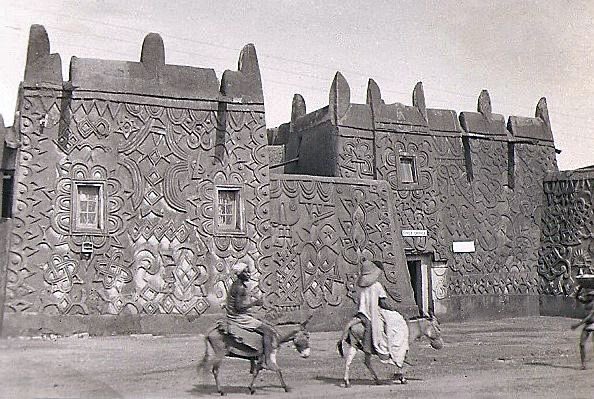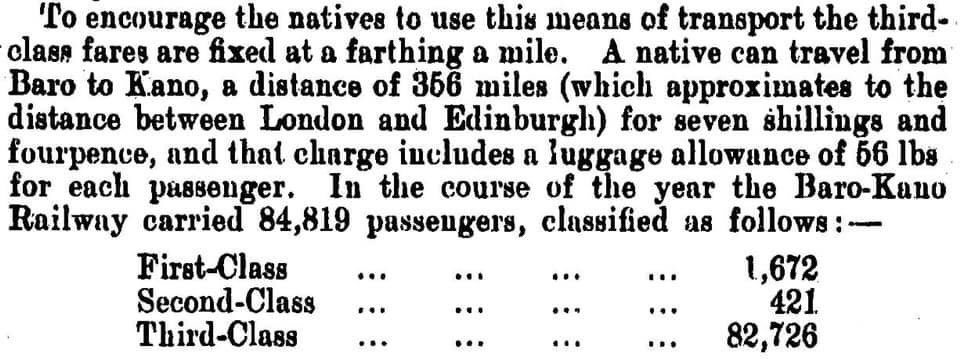The Northern elite benefited from colonialism. From the very start, the Sultan of Sokoto, the Shehu of Bornu,& the Emir of Kano were each placed on a fixed salary of £6,000 per annum, & a yearly establishment allowance of £3,000 for the Sultan & of £1,500 for each of the other 2.
All the other Emirs in the North were also placed on fixed salaries and allowances, which though smaller were equally extravagant.
Having regard to the present general standard of living among the masses the people, these salaries and allowances are to say the least, indefensible even today.
They were much more so in 1900 and if the full facts had been publicly known in the South at the time, the educated nationalists of Southern Origin would have kicked up a mighty row.
The British knew this , and they therefore saw to it that the North was hermetically sealed to Southern Nigerian nationalists. Nigerian lawyers who were champions of the rule of lawn those days had no locus standi in the courts operating in the North
They therefore had no incentive to travel the long distance to an unknown and reputedly hostile territory. Other educated self-employed Southerners were discouraged from visiting the North.
No Nigerian, however highly placed, was allowed to travel in a compartment higher than Third Class on the railways.
Image: Annual Colonial Reports, 1912
Image: Annual Colonial Reports, 1912
In the early twenties, a barrister by name Kolawole Doherty, who made a courageous attempt to visit the North, apart from not being permitted to travel in the train class of his choice, was beaten up severely at Zaria Railway Station, ...
... and was obliged to return to Lagos from that station in most humiliating circumstances, without reaching, Kano.
Although strong representations were made to the Government in Lagos, the only reply received was: & #39;the matter is being investigated& #39;. And that was the end of the matter.
A visit to any part of the South by any educated Northerner was strictly forbidden, unless it took place under the close guidance and supervision of a British Administrative Officer from the North.
The British Administrative Officers posted to the South were not even trusted for this purpose. Until the late forties, it was a grave risk for a Northerner to express any view critical of British rule in Nigeria.
The first Northerner to do so, to our knowledge, was the headmaster of a Native Authority school in the North. He lost his job within a week of his articulation.
A long period of ruthless persecution followed, and he was obliged to leave his home for Lagos, where he was employed for sometime in the Secretariat of the Nigerian Youth Movement.
https://twitter.com/obafemiawolowo_/status/1254041496401174533?s=21">https://twitter.com/obafemiaw... https://twitter.com/obafemiawolowo_/status/1254041496401174533">https://twitter.com/obafemiaw...

 Read on Twitter
Read on Twitter



